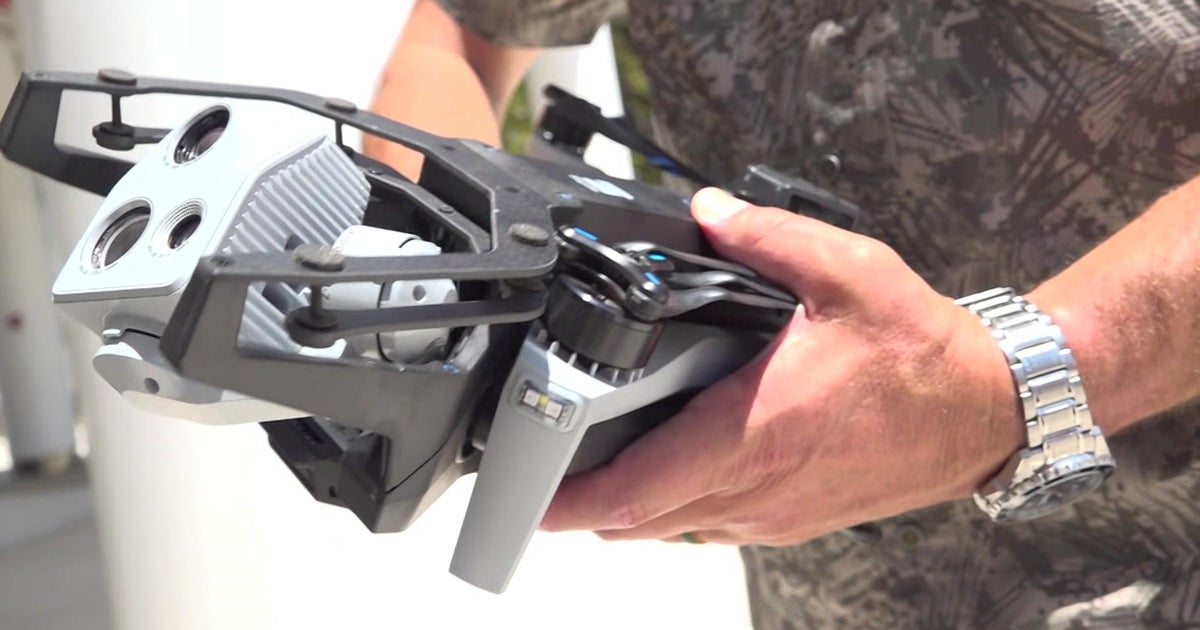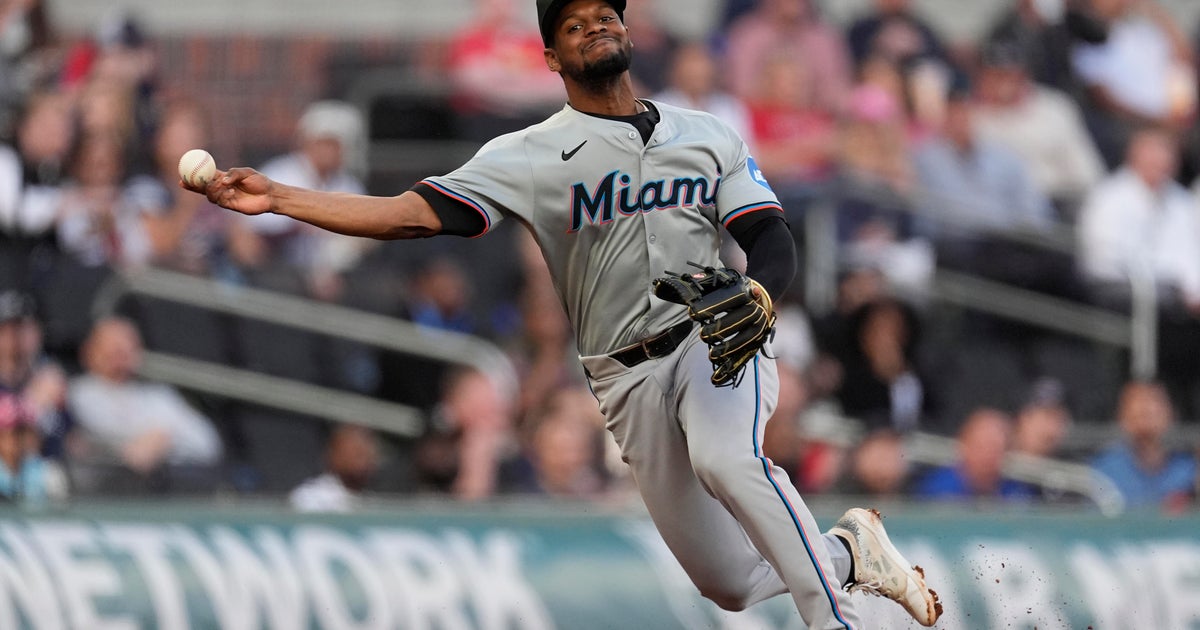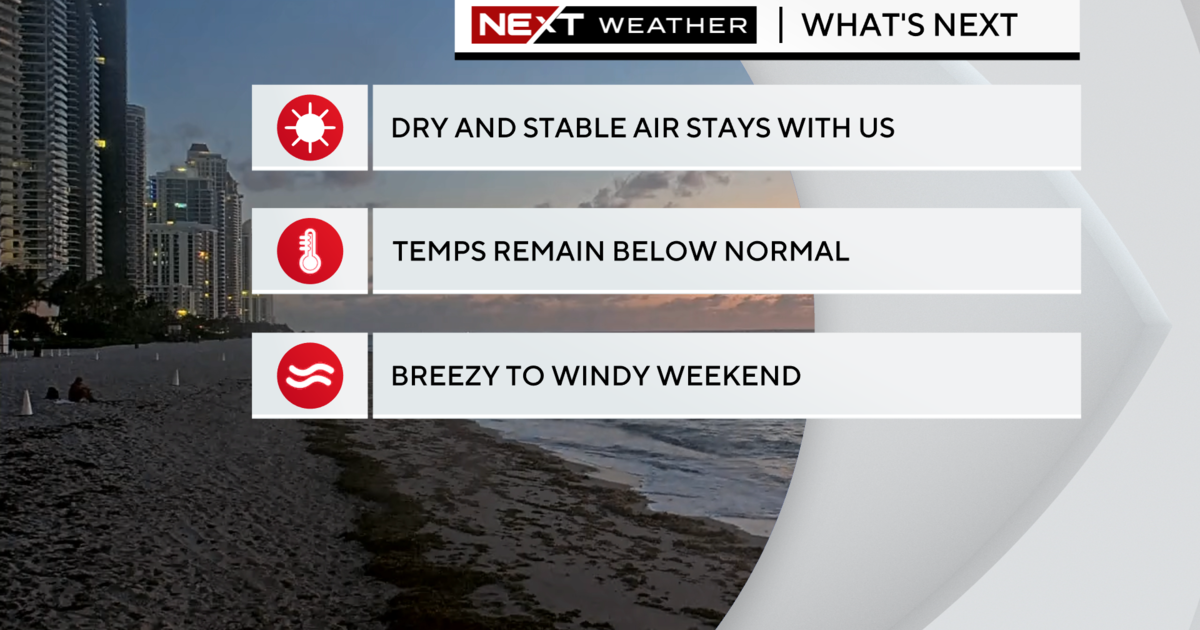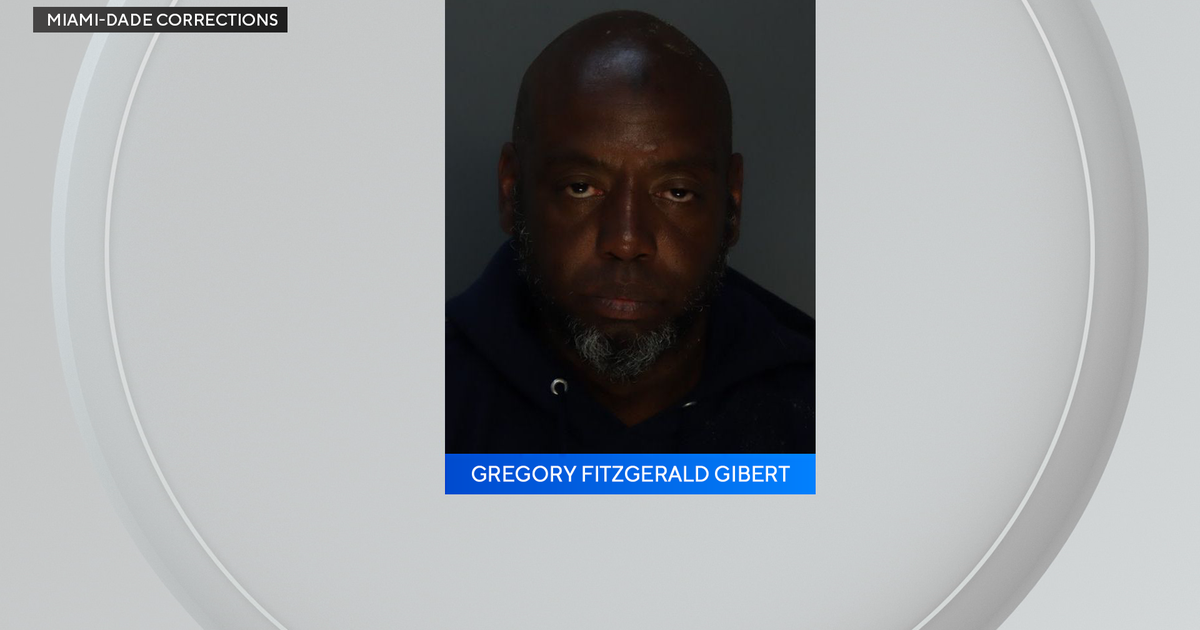Miguel Diaz-Canel: Cuba's Next President?
MIAMI (CBS4) - When Raul Castro accepted a five-year, and final term as Cuba's president Sunday, he reached out to a young, obscure politician, appearing to select him as his heir-apparent.
Castro referred to Miguel Diaz-Canel as his "companion" as he named him first vice-president, second in command, in the Cuban hierarchy.
Diaz-Canel is a relative youngster, just 52. He was not yet born when Raul Castro's brother, Fidel, lead a successful revolution and began more than half a century of communist dictatorship in January, 1959.
Diaz-Canel is an engineer and served as Cuba's Minister of Education. He has obviously won the attention and respect of Raul Castro while laboring largely behind the scenes in the Cuban power structure, a party loyalist.
"He may be the guy," said University of Miami's Professor Jaime Suchlicki on Tuesday, adding that it wouldn't seem likely, however.
It is the Politburo, the same bunch that elected Raul to a new term Sunday, that will name his successor.
"They'll get together and they'll decide who is the next President of Cuba. Most likely it will be somebody of the military, since the military controls the Politburo," Suchlicki said.
Even if Diaz-Canel, an immaculately dressed fellow who sports perfectly styled salt and pepper hair, should assume power; Suchlicki cautions that significant reforms should not be expected in the Cuban system.
"He is the godson of one of the leaders of the revolution. He has been nurtured in that atmosphere. He is a Marxist/Leninist," Suchlicki said.
Should Canel fail to toe the party line he could find himself working as a "farmer in an interior section of Cuba," Suchlicki said. "He will be constrained by the same forces, by the military, by the communist party."
Suchlicki said the same structure that has kept the Castro brothers in power for more than half a century will fight to resist democratic or capitalistic reforms.
At the same time, the UM expert noted that Raul Castro has brought greater communication, freedom to travel and some economic reforms to Cuba that may have room to grow.
"That would certainly be our hope," Suchlicki said.



